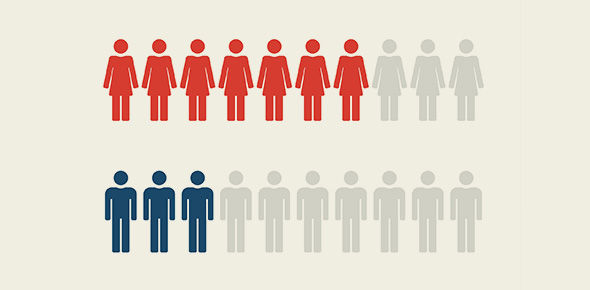Related Flashcards
Related Topics
Cards In This Set
| Front | Back |
|
Anticipatory socialization
|
Processes of socialization in which a person rehearses for future positions, occupations
|
|
Cognitive theory development
|
The theory that childerns thoughts progesses through four stages of development
|
|
Degradation ceremony
|
An aspect of the coialization process within some total institutions, in which people are subjected to humiliating rituals
|
|
Dramaturgical approach
|
A view of social interaction in which people are seen as theatrical performers
|
|
Face-work
|
The efforts people make to maintain the proper image and avoid public embarrassment
|
|
Gender role
|
Expectations reguarding the proper behavior, attitudes, and activities, of males and females
|
|
Generalized other
|
the attitudes, viewpoints, and expectations of society as a whole that a child takes into account in his or her behavior
|
|
Impression management
|
The altering of the presentation of the self in order to create distinctive appearances and satisfy particular audiances
|
|
Life course approach
|
A reseach orientation in which sociologists and other social scientists look closely at the social factors that influence people throughout their lives, from birth to death
|
|
Looking-glass self
|
A concept that emphasizes the self as the product of our social interactions. charles horton Cooley
|
|
Personality
|
A person's typical patterns of attitudes, needs, characteristics and behavior
|
|
Resocialization
|
The process of discarding former behavior patterns accepting new ones as part of a transition in one's life
|
|
Rite of passage
|
A ritual marking the symbolic transition from one social position to another
|
|
Role taking
|
The process of mentally assuming the perspective of another and responding from that imagined viewpoint
|
|
Self
|
A distinct identity that sets us apart from others
|







